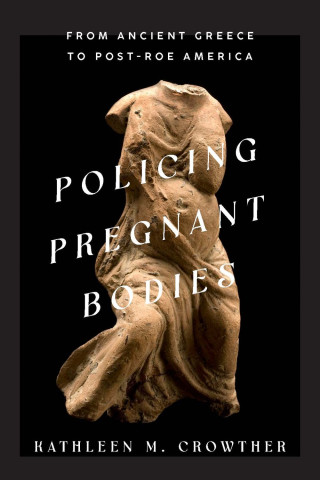I first learned about "leftover women" from Leta Hong Fincher. She wrote a book (tenth-anniversary reprint out recently) about them. She also wrote Betraying Big Brother: The Feminist Reawakening In China. I also went to a panel that she moderated.
My "about the author" summary gives a taste of her background:
Leta Hong Fincher is a journalist (she won the Society of Professional Journalists Sigma Delta Chi award for her China reporting), writer, and Seminar Associate at the Weatherhead East Asian Institute at Columbia University.
She is fluent in Mandarin. Her parents were Chinese scholars, and she spent much of her childhood traveling to China.
Fincher was the first American to receive a Ph.D. from Tsinghua University’s Department of Sociology in Beijing. She also worked at Radio Free Asia, Asia Television (1997–1998), CNBC Asia (1998–1999), and Voice of America.
Dr. Fincher is an academic. Her writings also have a certain muckraking feel to them. For instance, she wrote about the "Feminist Five," five Chinese activists who were willing to be arrested to protect gender inequality. She also argues that the current leadership in China is anti-feminist, arguing it advances their authoritarian style of rule.
Looking for something else, I found Leftover In China: The Women Shaping The World's Next Superpower by Roseann Lake. The book was published in 2018, a few years after Leftover Women. It covers some of the same ground though takes a more "Sex in the City" type approach. Mixed in with a lot of informative material (including a chapter covering other Asian nations), we get the dating life of four women in particular.
One review compares:
Lake’s anecdotal approach contrasts with the more political work of Leta Hong Fincher, who has argued that the rhetoric surrounding leftover women is the result of a deliberate government campaign.
Roseann Lake (going by her photo) is a white journalist, who spent five years in China. She later shifted to Cuba. I think the book is well-written and provides a helpful analysis of the material. Also, the book covers different materials in certain respects than the other book. Multiple books that overlap are useful. Different perspectives help.
I was surprised that Lake did not cite at all Fincher's work. It is not that she was not aware of it. She engaged with her years before publication. And, Fincher had done a lot of research on the matter. Lake's book references the feminist five in passing. That book came later.
So Hong Fincher was surprised to find that a major new book, Leftover in China: The Women Shaping the World’s Next Superpower (W. W. Norton & Company), doesn’t acknowledge her at all in its extensive bibliography. And it’s more than a matter of ego: Hong Fincher says the book’s author, Roseann Lake, a journalist who now writes about Cuba for The Economist, has been following her work since 2011.
The bibliography is two pages long. There are no endnotes. So, I don't know about "extensive." Nonetheless, I can understand why she is open about being "very angry" that a book that perhaps would receive more attention than her academic work did not reference her work. Academic works are extremely important though get a lot less love.
Roseann Lake's response is not very convincing:
When Leta’s book was released, I decided not to read it because I was working on the manuscript for my own book, and I chose to stay focused on the stories of the women whose lives I feature in it.
This is a non-answer to the concern that her scholarship was not cited. Likewise, the book was not just about "the stories of the women." The book also provided an analysis of the "leftover women" (women not married) situation. She read other stuff to help understand the situation. It seems like she also read work by Leta Hong Fincher. It was wrong not to cite it.
I cannot without more determine what was going through Roseann Lake's mind or how much it was "calculated erasure."
I will state that it is important not only to take advantage of the best research. It is also important to give credit where credit is due. I know that my own research, not comparable to people who are professionals, takes time. I am annoyed at people who cannot deign to do a bit to find things out or respect my efforts.
I do recommend Leftover In China.
Note: One critical review notes "It’s too at odds with her story, which has so firmly cast her subjects as victims and not agents."
I don't agree. The women to me repeatedly seem to be in control of their lives. They are partially victims. China is still sexist in various respects. But, the book shows the system has positive aspects too.
Lake, for instance, notes an (unintended) result of China's one-child policy is that daughters were given a lot more attention.
===
Tom Wilkinson has died.
I have seen many films with this British actor. He has great range, able to play an elite noble judge in Belle (mixing truth with fiction regarding the interracial woman involved) and Americans like Ben Franklin (John Adams miniseries) and James Baker (in an HBO look at the 2000 recount).
RIP.





